Burundian Human Rights activists say that more than 1,000 people have been killed and more than 9,000 have been detained in various dungeons in the country since April 2015. The President of the National Independent Human Rights Commission, CNIDH, however, says that Burundi has improved its human rights situation this year.
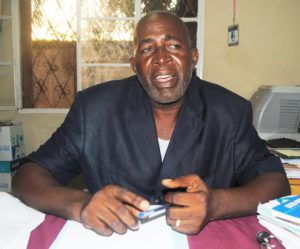
human rights defender, Pierre Claver Mbonimpa, “We have already registered more than 1000 deaths and 9885 prisoners since April 2015,”
10 December is Human Rights Day, when the Burundi Government organized a week dedicated to Human Rights, ending16 December 2016. But the country’s leading human rights defender, Pierre Claver Mbonimpa, accuses the government of hypocrisy. “Every person has the right to life. But in Burundi, human life is no longer respected; it seems that everyone has the right to take the life of the other. We have already registered more than 1000 deaths and 9885 prisoners since April 2015,” he says.
Mbonimpa says that political prisoners are detained in illegal dungeons. No one is allowed to visit them because they are being tortured. “The Government accuses us of being biased by arguing that in our reports we provide false figures but it never provides evidence. We have the identities of all those killed and tortured,” Mbonimpa told Iwacu.
Mbonimpa has called on the Burundian government to engage in an inclusive dialogue with its opponents to find a solution to the crisis triggered on 26 April 2015 when the ruling CNDD-FDD party officially announced the controversial third candidacy of Pierre Nkurunziza for the 2015 presidential elections.
Mbonimpa now lives in exile in Belgium. He chairs the Burundian Association for the Protection of Human Rights and Detained Persons, APRODH, one of five suspended Burundian civil society organizations. Those organizations are known for their fight against Nkurunziza’s 3rd term.
The measure The Minister of Home Affairs Pascal Barandagiye banned the human rights groups on 19 October. “These associations have deviated from their objectives set out in their statutes and are tarnishing the image of the country and sowing hatred and division among the Burundian population,” a ministerial order said.
The CNIDH Chairman Jean Baptiste Baribonekeza says that human rights in Burundi have improved significantly this year. “The country is calm; we no longer hear gun shots in the capital. If we visit places of detention, we notice that the number of arrested people has significantly decreased from more than 9,000 in 2015 to about 6,000 today. In General, there has been an improvement compared to last year,” he says.
Jean Baptiste Baribonekeza calls on the Burundian justice service to do its job to bring justice to the victims of the acts of violence committed in Burundi in 2015 and at the beginning of this year.
However, this contradicts the view of a global consortium of human rights groups, FIDH, which says the situation has worsened. In November 2016, FIDH, reported more than 1,000 deaths, 8,000 people detained for political reasons, 300 to 800 missing persons, hundreds tortured, hundreds of women victims of sexual violence and thousands of arbitrary arrests.
The report says these abuses are committed mainly by the security forces, but armed rebel groups are also involved in the crimes.

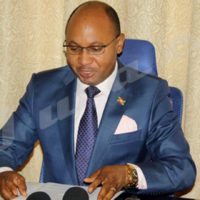
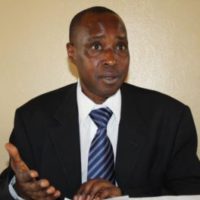
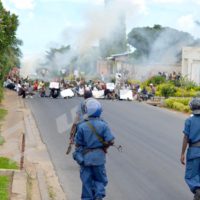
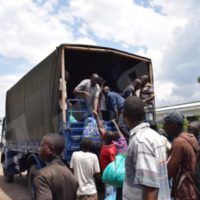
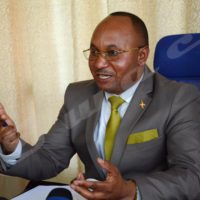













 IWACU Open Data
IWACU Open Data

